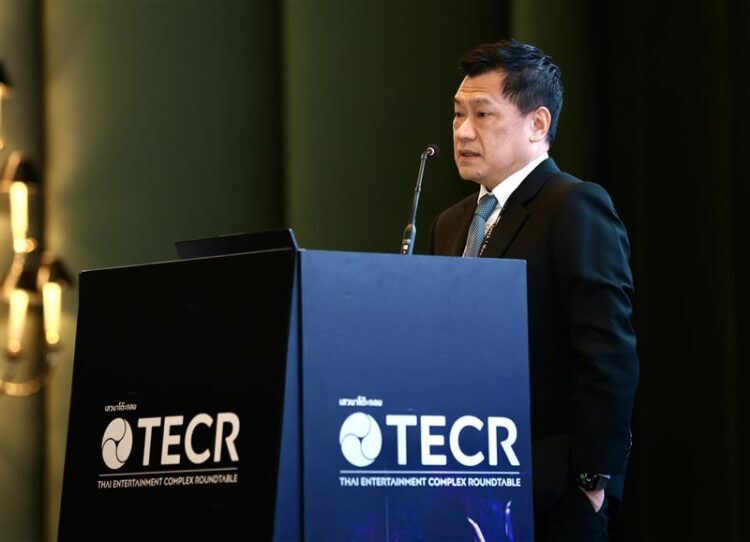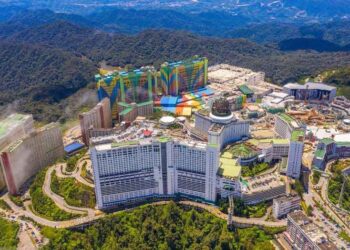Inside Asian Gaming is delighted to publish this paper by LAU Kok Keng, Head of Gambling Law Practice for Rajah & Tann Asia, on Singapore’s casino legalization experience.
The paper, titled, Singapore’s Casino Legalization Experience: Setting the Standards for Minimizing and Managing Social Costs, was prepared as part of Kok Keng’s preparations for the recent Thailand Entertainment Complex Roundtable in Bangkok, which was organized and hosted by IAG.
It provides a fascinating insight into the development of Singapore into a leading gaming and tourism hub in Asia following the development of its two integrated resorts – Marina Bay Sands and Resorts World Sentosa – following the legalization of casino gaming in 2005.
Singapore’s experience is seen as informing the development of greenfield jurisdictions such as Thailand, which continues to grapple with many of the same concerns that were carefully considered and addressed by then-Singapore Prime Minister Lee Hsien Loong 20 years ago.
Some of the key points raised in Kok Keng’s paper include:
- Singapore first legalized gambling in the early 1800s but in 1829 shut down all gambling activities due to the government of the day deeming it an immoral activity. The result was that all gambling activities were driven underground, corruption became rife with police accepting bribes to turn a blind eye to illegal gambling dens, and the number of gambling houses exploded due to a lack of enforcement.
- Then-Prime Minister Lee’s father, Lee Kuan Yew, the first Prime Minister of Singapore and widely acknowledged as father of the nation, had publicly opposed the legalization of casino gaming but upon careful consideration ultimately changed his mind – recognizing the need for Singapore to become competitive on the regional tourism scene, to find new methods of boosting the economy and, importantly, of taking some control of an industry that was flourishing underground.
- A national referendum on the legalization of casinos may not be the ideal solution because complex policy decisions such as whether or not to legalize casinos often require nuanced understanding and careful consideration of various social, economic and legal factors. Given that the public may not have access to all the information they need, a referendum could oversimplify whats is a very multifaceted issue, potentially leading to decisions based on emotion, misinformation, personal moral values or short-term interests rather than a comprehensive evaluation of the long-term effects.
- The opening of MBS and RWS in 2010 had a “dramatic and immediate” impact on Singapore’s tourism sector, with visitor arrivals surging almost 20% in the year following their opening. The upward trend continued with arrivals reaching an all-time high of 19.1 million in 2019.
- A 2010 study by the National Council on Problem Gambling found that the combined prevalence of problem and pathological gambling among Singapore residents was 2.6% – a significant decrease from the 4.1% reported in a 2005 baseline survey. Specifically, the proportion of respondents classified as pathological gamblers fell from 2.1% in 2005 to 1.4% in 2011, while problem gamblers fell from 2.0% in 2005 to 1.2% in 2011.
The full text of Kok Keng’s paper is available at the following links, which offer the original in English and a Thai translation.
Read the English text here.
Read the Thai text here.



































